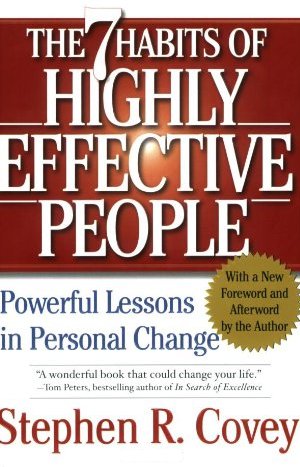| Home » Articles » Speaking habits |
| Entries in category: 8 Shown entries: 1-8 |
Sort by: Date · Name · Rating · Comments · Views
|
There is, sadly, an abundance of common problems which afflict speakers. In this article, we’ll focus on three of the worst which sabotage many speakers. |
|
This is the subject of today’s email from Melissa Cullen:
In this article, we’ll look at how to adopt a positive mindset about speaking. |
|
Here are five best practices of public speaking that speakers don’t always follow, but should resolve to in 2012: |
|
I first read Stephen Covey’s The 7 Habits of Highly Effective People seven years ago, at a time when I was in a low-confidence slump. I’m so glad that I read it! The book is filled with insights which resonated (and continue to resonate) with me.
Instead of selecting seven (speaking) habits of highly effective speakers, I thought it would be more interesting to discuss what Covey’s seven habits contain for highly effective speakers. In this article, I will briefly introduce each of Covey’s habits, and then discuss how speakers can adopt the lessons to improve their effectiveness as a speaker. |
|
My students’ bad habits didn’t happen overnight. These habits develop through years and years of watching terrible presentations. While most of us can recognize a terrible presentation, we don’t yet have the tools to make our own presentations great. In a class called Professional Communication and Presentation, I teach my students how to break their bad habits. These lessons apply to all presenters: teachers, conference presenters, business executives… anyone who has a speech to deliver. Read on to see how you can un-learn these habits, too! |
|
In this article, she continues with five more negative habits. |
|
Were you happy about it? Or were you mad that they now put you behind for your next appointment? Or did you leave before they wrapped up? In this article, we examine the importance of finishing on time and give 5 tips for staying within your time constraints. |







